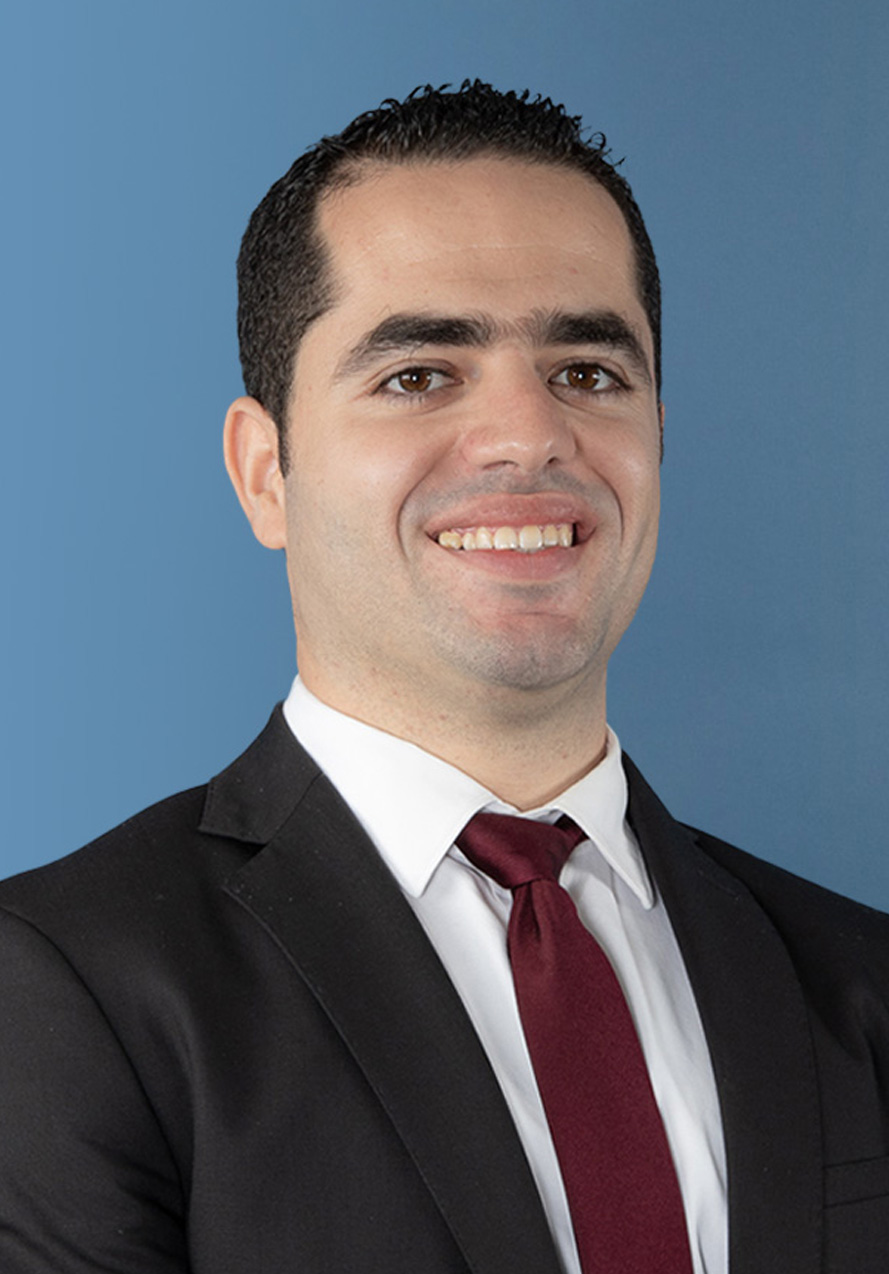Le secteur informel joue un rôle crucial dans le développement économique et social du Maroc en tant que filet de sécurité pour de nombreux travailleurs. Cependant, sa concentration dans de petites entreprises qui manquent de moyens de production sophistiqués peut entraver la croissance économique à long terme, piégeant le Maroc dans une situation d’équilibre de bas niveau. Ce sujet revêt une importance particulière dans le contexte actuel de multiples réformes sociales en cours au Maroc, notamment la réforme de généralisation de la protection sociale, visant à couvrir tous les citoyens d'ici 2025. Le succès de cette réforme dépend de l’augmentation de la mutualisation des risques, qui dépend en partie d’une formalisation progressive de l'économie informelle. Pour cela, il est crucial de comprendre comment les incitations influencent les choix des entreprises/travailleurs liés à l'emploi informel, au-delà des mesures coercitives. Cette approche est une étape clé dans la quête d'une solution intégrée et durable favorisant la formalisation progressive de l’emploi informel.









